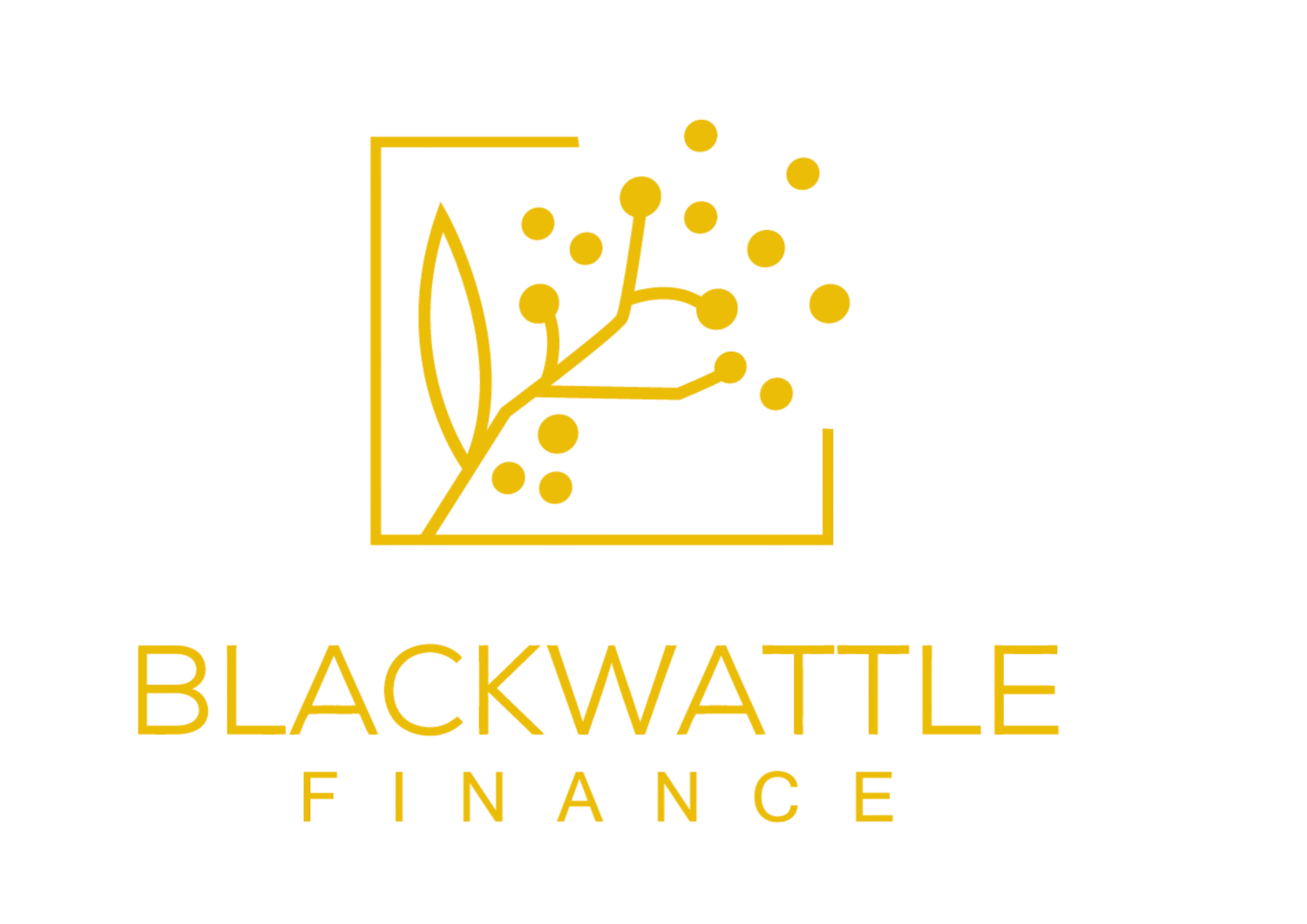There is no such thing as “too old” to get a home loan, however older borrowers should know that they may be subject to more scrutiny and other restrictions.
If you’re in your 50s or thereabouts and thinking about taking out a mortgage you may have some questions. A typical mortgage is 30 years, and unless you plan on work beyond 80 you will need a plan! Below are some things to take into account if you are an older borrower considering a loan.
The easiest approach, if you can afford it, is to shorten the loan term. For instance, if you are 55 years old and planning on retiring at 70, taking out a 15 year loan term rather than a 30 year loan term will be seen favourably by most lenders. Having a shorter loan term will mean higher repayments, so you will need to show that you can manage higher repayments.
If you have a strong asset position including superannuation this can help show the lender that you can manage the loan at retirement. If there are assets that can be sold at retirement to clear the loan, or income generating assets that can help you manage repayments post-retirement this will all be considered.
You might consider buying with a family member. Dual occupancy homes are increasingly popular for this type of scenario, particularly where older borrowers live in the same property as their adult children. With combined incomes it can be easier to show the lender your ability to repay.
Ensure you have clearly thought through how you intend on manage exiting the loan at retirement, if your planned retirement age is prior to the loan term. If you can demonstrate a clear plan to the lender it will give them comfort that they won’t be left exposed as you approach your retirement age.
Remember also, the bigger the deposit the lower the risk from the lender point of view.
A good mortgage broker like Blackwattle Finance will help you to understand what is achievable, which lenders are best suited to your needs, and how to show the lender how you will manage retirement. Get in touch with us to learn more.

